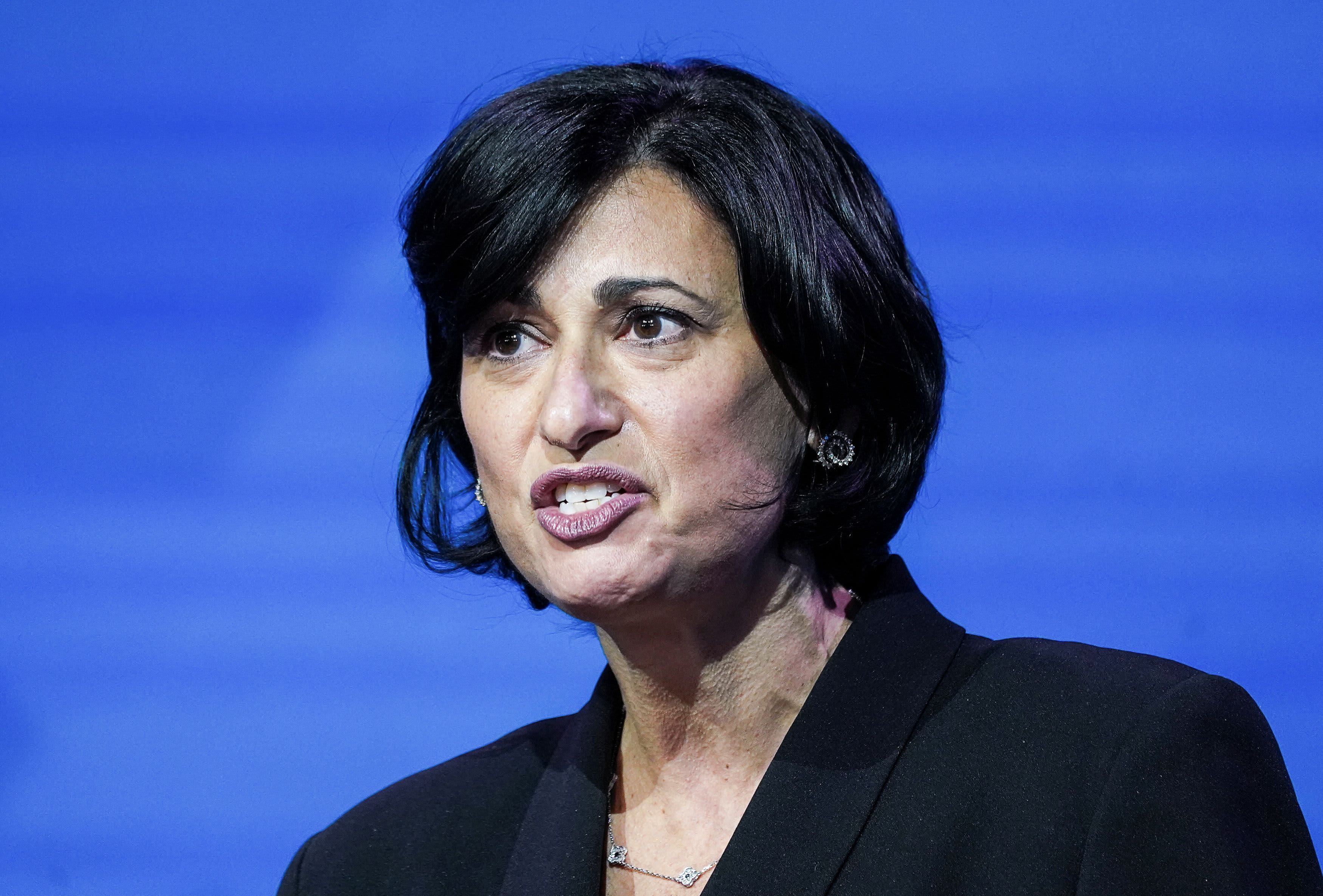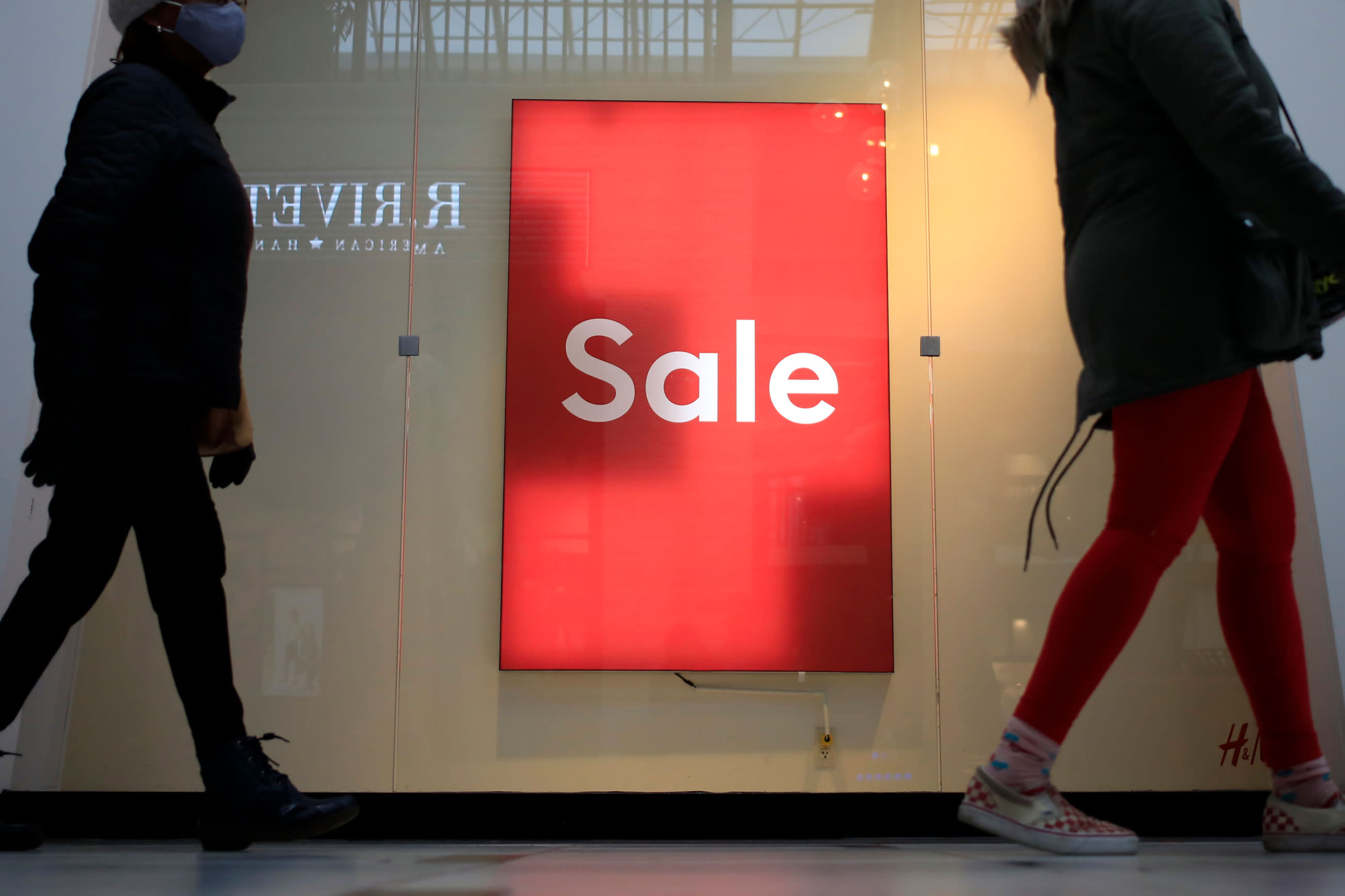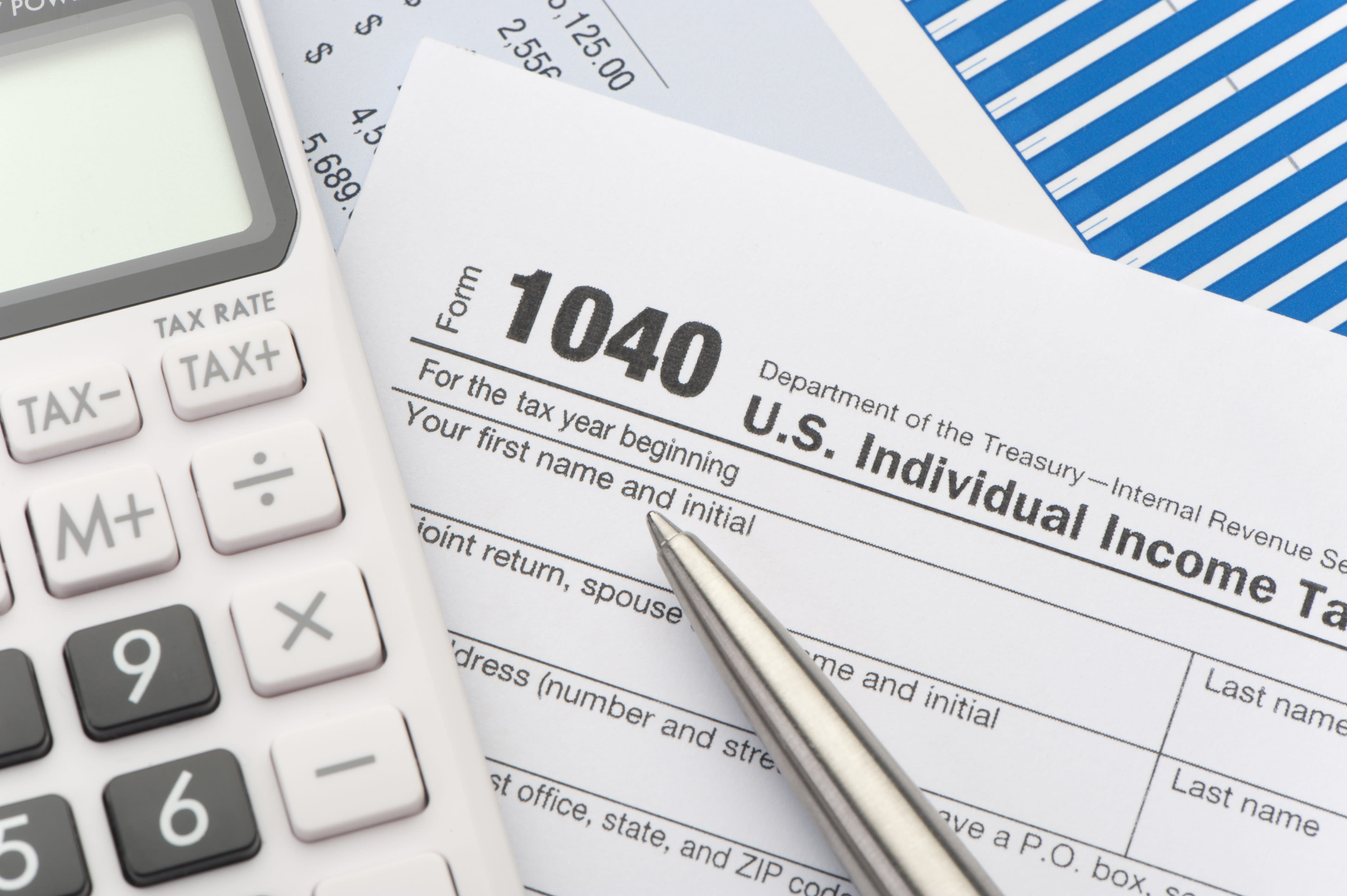What the Data Shows
Maryland and Virginia each reported high numbers of new COVID-19 cases Thursday, bringing up their weekly new case averages.
Maryland counted 1,113 new coronavirus cases, pulling up its weekly average to 894. That's the highest number reported in a month. Hospitalizations fell, giving hope that the downward trend in serious COVID-19 infections could continue.
We're making it easier for you to find stories that matter with our new newsletter — The 4Front. Sign up here and get news that is important for you to your inbox.
Virginia counted 1,367 new coronavirus cases, increasing its weekly average by 70 cases to 933. Hospitalizations rose slightly.
The spread of the virus appeared more stable in D.C., which added 81 new cases. The weekly average fell to 109. Hospitalizations continued a downward trend.
Local Coronavirus News
All Marylanders over age 16 will be eligible for coronavirus vaccinations no later than April 27, Maryland Gov. Larry Hogan announced Thursday.
Hogan also announced several upcoming eligibility phases before then. Maryland will enter Phase 2 of its vaccination plan next week. All Maryland residents ages 60 and up may now register for appointments and will be able to get vaccinations as early as next Tuesday. Find more information about upcoming eligibility groups here.
Local Headlines
- Maryland has surpassed two million vaccinations. Nearly 25% of residents have received at least one dose, including two-thirds of residents over age 65.
- Fairfax County Public Schools officials say they're planning to have students back in schools in-person five days per week starting this fall.
- Teachers in Prince George's County headed back to the classroom Wednesday, although they won't have students in person for another month. However, the push to bring them back is causing controversy. Teachers are concerned with levels of community spread, and some have not received their second round of vaccinations. The school district says it's safe to return.
- Fairfax County has expanded vaccine eligibility to more essential workers within group 1B, including food and agriculture; manufacturing and grocery workers. The county is targeting mid-April for a movement to Phase 1C.
- Stimulus checks are arriving in bank accounts. Here’s information on tracking your payment and what to do if you have trouble.
- The Montgomery County Council announced Tuesday that it secured a mass vaccination site, but Maryland Gov. Larry Hogan called the announcement premature.
- A COVID-19 outbreak at a Virginia high school may be linked to travel sports, the county's health director said.
- D.C. is set to allow some live entertainment to resume and loosen some other restrictions starting March 22.
- The Nationals, whose home opener is set for April 1, will be permitted to admit 5,000 fans for their game against the New York Mets.
- NBC News is making finding information on when, how and where to obtain your coronavirus vaccination easier with its Plan Your Vaccine website.
Key Charts and Graphs
The vaccinated population in D.C. may be overestimated in this map because some non-residents who work in D.C. are included in the totals.
Vaccination Portals by County
As vaccinations in our region ramp up, here's a look at local portals residents can use to sign up for vaccination appointments or sign up to receive alerts.
- Washington, D.C. signups – vaccinate.dc.gov
- Maryland signups – www.marylandvax.org/ and covidvax.maryland.gov
- Virginia pre-registration– https://vaccinate.virginia.gov/preregister.html
- Montgomery County – www.montgomerycountymd.gov/covid19/vaccine/
- Prince George's County – www.princegeorgescountymd.gov/3730/COVID-19-Vaccination
- Howard County – www.howardcountymd.gov/Departments/Health/MM-Alerts-and-Recalls/COVID-19-Vaccine
- Anne Arundel County – aahealth.org/covid-19-vaccine-faq/
- Fairfax County – www.fairfaxcounty.gov/health/novel-coronavirus/vaccine
- City of Alexandria – www.alexandriava.gov/health/info/default.aspx?id=119270
- Loudoun County – www.loudoun.gov/covid19vaccine
- Prince William County – coronavirus.pwcgov.org/vaccine-information/ & VDH
How to Stay Safe
Anyone can get COVID-19. Here are three simple ways the CDC says you can lower your risk:
- Wear a snug-fitting mask that covers your nose and mouth.
- Avoid being indoors with people who are not members of your household. The more people you are in contact with, the more likely you are to be exposed to COVID-19. If you are indoors with people you don’t live with, stay at least six feet apart and keep your mask on.
- Wash your hands often, especially after you have been in a public place.




